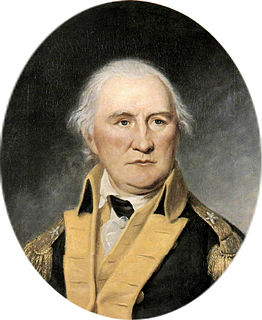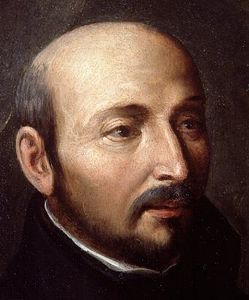A Quote by John Quincy Adams
The magistrate is the servant not of his own desires, not even of the people, but of his God
Related Quotes
Some would define a servant like this: 'A servant is one who finds out what his master wants him to do, and then he does it.' The human concept of a servant is that a servant goes to the master and says, 'Master, what do you want me to do?' The master tells him, and the servant goes off BY HIMSELF and does it. That is not the biblical concept of a servant of God. Being a servant of God is different from being a servant of a human master. A servant of a human master works FOR his master. God, however, works THROUGH His servants.
Christianity set itself the goal of fulfilling man’s unattainable desires, but for that very reason ignored his attainable desires. By promising man eternal life, it deprived him of temporal life, by teaching him to trust in God’s help it took away his trust in his own powers; by giving him faith in a better life in heaven, it destroyed his faith in a better life on earth and his striving to attain such a life. Christianity gave man what his imagination desires, but for that very reason failed to give him what he really and truly desires.
Fallen man is free to choose what he desires, but because his desires are only wicked he lacks the moral ability to come to Christ. As long as he remains in the flesh, unregenerate, he will never choose Christ. He cannot choose Christ precisely because he cannot act against his own will. His fall is so great that only the effectual grace of God working in his heart can bring him to faith.
A priest is a man vowed, trained, and consecrated, a man belonging to a special corps, and necessarily with an intense esprit de corps. He has given up his life to his temple and his god. This is a very excellent thing for the internal vigour of his own priesthood, his own temple. He lives and dies for the honour of his particular god. But in the next town or village is another temple with another god. It is his constant preoccupation to keep his people from that god. Religious cults and priesthoods are sectarian by nature; they will convert, they will overcome, but they will never coalesce.
God shows us in Himself, strange as it may seem, not only authoritative perfection, but even the perfection of obedience--an obedience to His own laws; and in the cumbrous movement of those unwieldiest of his creatures we are reminded, even in His divine essence, of that attribute of uprightness in the human creature "that sweareth to his own hurt and changeth not.
If God wishes to be born as man and to unite mankind in the fellowship of the Holy Ghost, He suffers the terrible torment of having to bear the world in its reality. It is a crux; indeed, He Himself is His own cross. The world is God's suffering, and every individual human being who wishes even to approach his own wholeness knows very well that this means bearing his own cross. But the eternal promise for him who bears his own cross is the Paraclete.
David knew that the very quality of his worship was not based on his own volition but on the object of his worship - the Father, Son and Holy Spirit. Though our affections for God may wax and wane, His character is unchanging! We even see David speaking to his own soul, demanding of it, "Bless the Lord!"
"None is good, save One, that is, God", as the Lord Jesus bath said. The rest are only tools in His hands. "Gloria in Excelsis", "Glory unto God in the highest", and unto men that deserve, but not to such an undeserving one like me. Here "the servant is not worthy of the hire"; and a Fakir, especially, has no right to any praise whatsoever, for would you praise your servant for simply doing his duty?


































